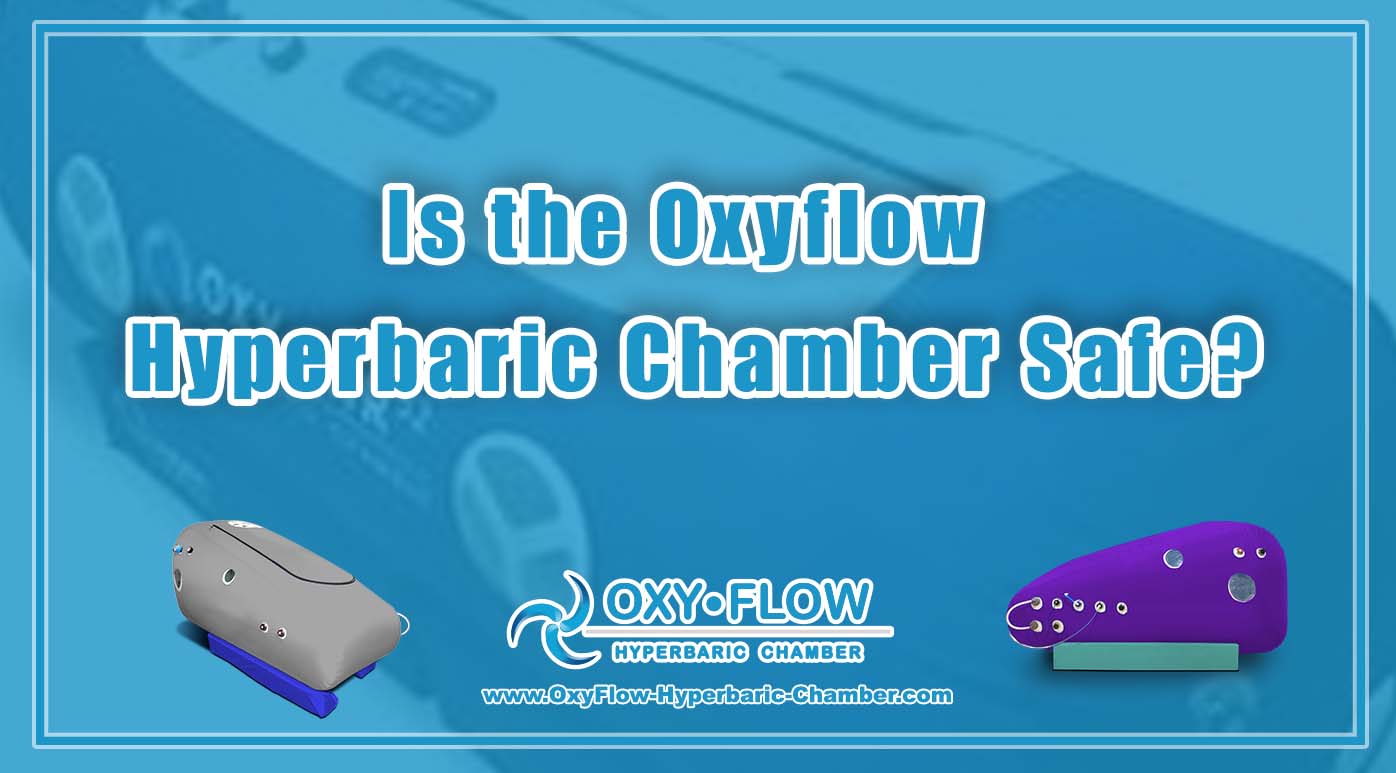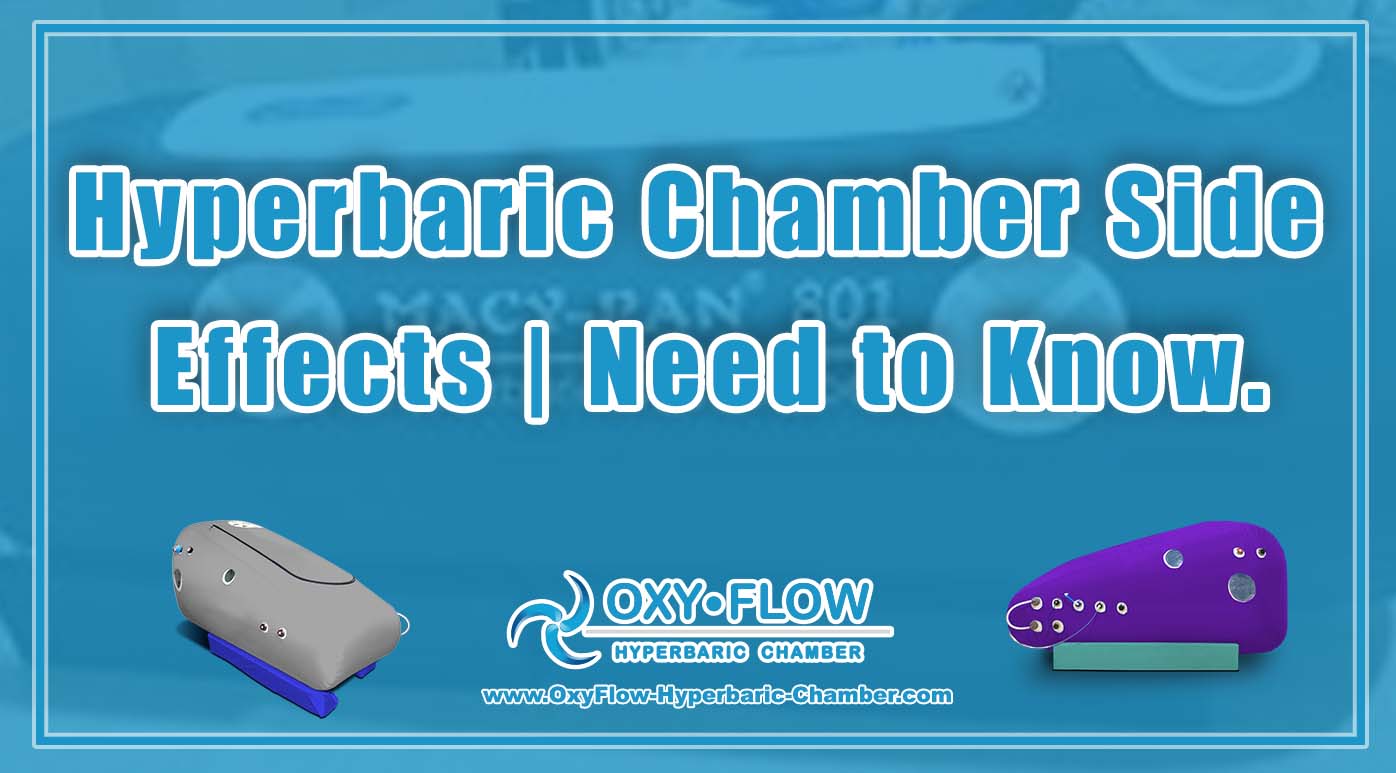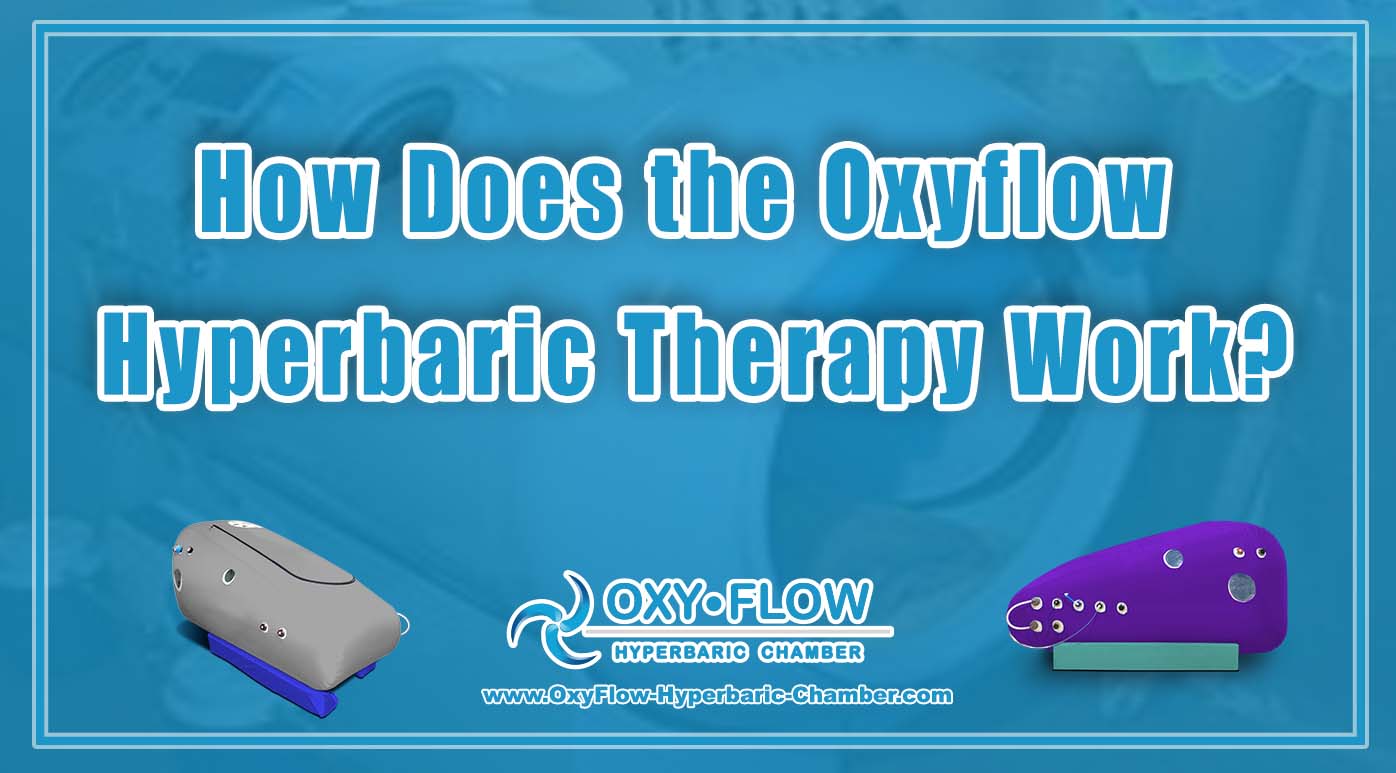
Menu
Hyperbaric Chamber Side Effects | Need to Know.
Hyperbaric Chamber Side Effects | Need to Know.

Hyperbaric oxygen therapy (HBOT) has become a popular treatment option for a variety of medical conditions, including wound healing, carbon monoxide poisoning, and decompression sickness. However, like any medical treatment, hyperbaric chamber therapy comes with potential side effects that patients should be aware of before beginning treatment.
What is a Hyperbaric Chamber?
A hyperbaric chamber is a sealed, pressurized chamber in which patients breathe pure oxygen at levels higher than atmospheric pressure. This increase in pressure allows the body to take in more oxygen, which can promote healing and reduce inflammation.
Common Side Effects of Hyperbaric Chamber Therapy.
Although hyperbaric chamber therapy is generally considered safe, there are some potential side effects that patients may experience during or after a treatment session. These side effects can include:
Hyperbaric Chamber Side Effects Barotrauma.
Barotrauma is a condition that occurs when the body experiences rapid changes in pressure, leading to damage in the ears, sinuses, or lungs. Symptoms of barotrauma may include ear pain, sinus pressure, or difficulty breathing.
Oxygen Toxicity.
Breathing pure oxygen at high pressures for an extended period of time can lead to oxygen toxicity, a condition that causes damage to the lungs and central nervous system. Symptoms of oxygen toxicity may include coughing, chest pain, and difficulty breathing.
Claustrophobia.
Some patients may experience feelings of anxiety or claustrophobia while inside the confined space of a hyperbaric chamber. This can lead to increased stress and discomfort during treatment sessions.
Hyperbaric Chamber Side Effects Fatigue.
Patients undergoing hyperbaric chamber therapy may experience feelings of fatigue or exhaustion, particularly after multiple treatment sessions. This can be a result of the increased oxygen levels in the body, which can affect energy levels.
Vision Changes.
In some cases, patients may experience temporary changes in vision, such as blurred vision or difficulty focusing, during or after hyperbaric chamber therapy. These symptoms typically resolve on their own after the treatment session.
Minimizing Side Effects.
While the potential therapy can be concerning, there are steps that patients and healthcare providers can take to minimize the risk of experiencing these issues. For example, patients can practice techniques to manage feelings of claustrophobia, and healthcare providers can monitor oxygen levels and adjust treatment protocols accordingly.
Conclusion.
Hyperbaric chamber therapy can be an effective treatment option for a variety of medical conditions, but it’s important for patients to be aware of the potential side effects before beginning treatment. By understanding the risks and working closely with healthcare providers, patients can make informed decisions about their care and minimize the likelihood of experiencing any negative side effects. As always, it’s essential to consult with a healthcare professional before beginning any new medical treatment to ensure that it is safe and appropriate for your individual health needs.
Recent Posts
Product categories
Ready for Hyperbaric Oxygen Chamber?
stay up to date with the latest news


